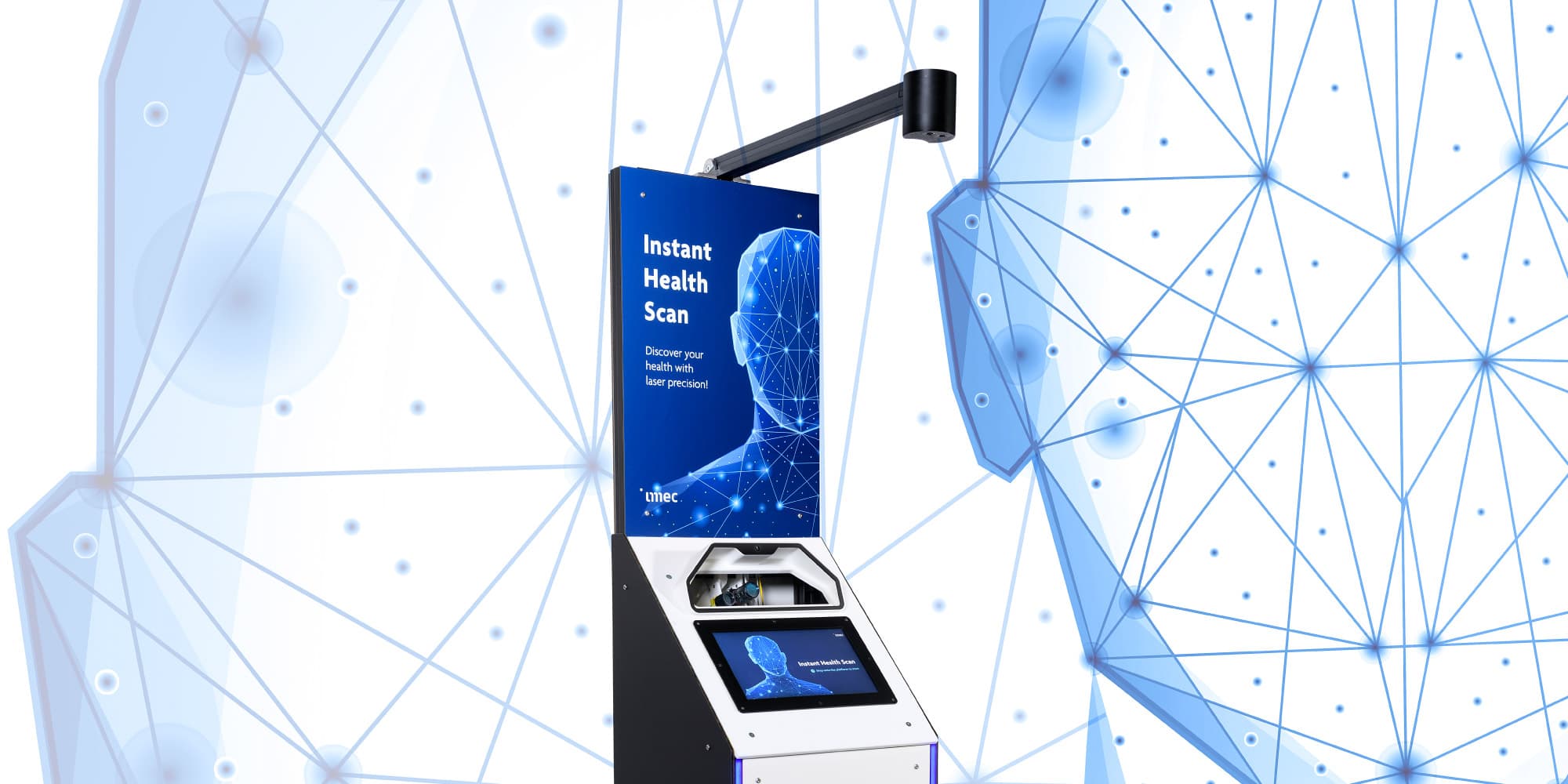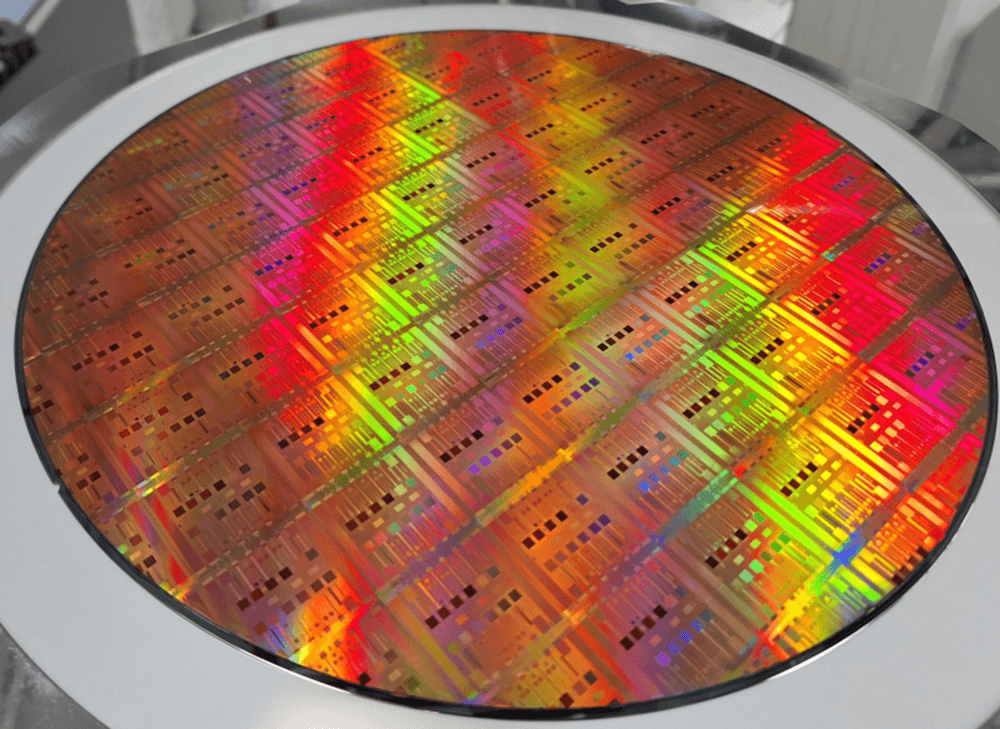
BIPV4ALL
Building-Integrated Photovoltaics for All
In the coming years, building-integrated photovoltaics (BIPV) is set to make a breakthrough, following the heightened climate targets for buildings. With this in mind, the goal of the BIPV4ALL project is to solve a number of challenges that are still outstanding, including in the design and production processes of BIPV construction elements. The ambition is to make BIPV suitable and affordable for all projects and to help enable a thriving BIPV production in Flanders.
BIPV essential for energy-neutral buildings
Building elements such as roof tiles and facade panels that implement BIPV have a double function: they form the protective and aesthetic shell of a building, but they also generate electricity. They will become essential to reach more ambitious climate targets, for example those set by the European Commission as part of the EU Green Deal.
Addressing the demands from users, architects and society
Building with BIPV can only become mainstream when the building elements can combine a high energy production, cost-efficiency, and a flexibility in color, form, and distribution of the solar cells. In other words: BIPV panels should be made to fit the building, and not the other way around.
BIPV thus represents an important opportunity, also for local businesses. In contrast to highly standardized solar cells and panels, BIPV elements will have to be made to fit unique building situations and circumstances. That calls for a more timely, customized, flexible and local production.
Today, the main outstanding challenges are:
- The legacy cell interconnection technology and labor-intensive integration make for elements with a relatively low performance and reliability, a limited aesthetical value, and high production costs.
- The design process is still too complex and cannot easily handle irregular shapes or non-standard dimensions.
- There is a need for a more open and collaborative workflow based on data-sharing among the different BIPV stakeholders: architects, material suppliers, manufacturers and integrators.
Once these are addressed, the ecosystem of local companies could seize the opportunity and produce efficient and flexible BIPV elements.
Innovations in digitalization and flexible automated tools
The BIPV4ALL project will work towards a number of breakthroughs in the digitalization and flexibility of BIPV production processes. These include:
- Creating digital tools to support design, engineering, and yield/cost estimates. This will involve an open system of data sharing in the value chain.
- Improving the coloring options of BIPV elements by working with new coloring approaches and paints.
- Introducing a new, flexible interconnection technology and testing its compatibility with a wide range of PV technologies and assembly processes.
- Developing innovative bonding technologies for much lower temperatures, without damaging the encapsulants underneath.
- Looking for a production-worthy solution for implementing laminated bypass diodes.
Combining all results, the partners will create proof-of-concept BIPV roof- and facade modules with improved performance and use of sustainable materials and processes, aesthetics, and costs. The results of this project are also highly relevant for other applications that involve integrated PV, such as noise barriers or vehicles.
“With further digitalization and flexible automated tools, including those from BIPV4ALL, BIPV products can be produced locally in Flanders at a good margin to serve both local and global markets.”
Video
BIPV4ALL
BIPV4ALL aims to create novel services and more affordable products for the fast-growing BIPV market.
BIPV4ALL is an imec.icon research project funded by imec and Agentschap Innoveren & Ondernemen (VLAIO).
The project started on 01.10.2022 and is set to run until 30.09.2024.
Project information
Industry
- AGC Mirodan
- IPTE Factory Automation
- Soltech NV
- VdS Weaving
- VK Architects+Engineers
Research
- imec – WAFERPV
- imec – Energy Systems
Contact
- Project lead: Stefan Dewallef
- Research lead: Tom Borgers
- Proposal manager: Stefan Dewallef
- Innovation manager: Annelies Vandamme













